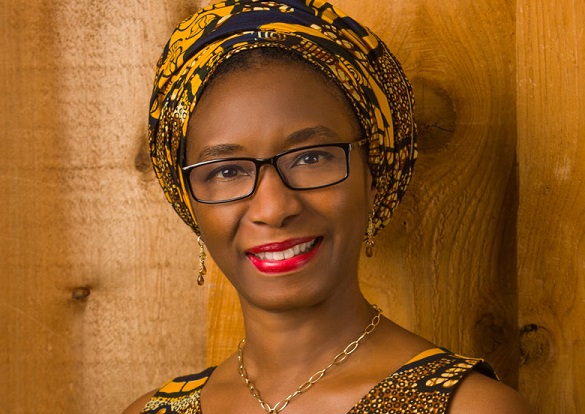Sefi Atta says she’s not interested in Nigerian feminism because it’s self-serving and non-inclusive.
The Nigerian-American award-winning author spoke about her work and creative process during a chat with Chude Jideonwo, TV host.
Atta argued that Nigeria’s brand of feminism is being elitist and classist by not including non-binary people.
“I heard about feminists coming out in favour of women in government who had been repositioned or lost their positions because they were found to be incompetent or because they were under investigation,” the author said.
“I thought, ‘why should feminists give us women a right to be just as incompetent or corrupt as men?’ I’m looking for feminism that is first of all less elitist and classist and more inclusive of non-binary and people of other walks.
“I’m not interested in self-serving feminism that’s there to perpetuate the wealth gang and to want as much as men who do. Where is the equality in that? It seems to be very similar to why white feminism started.
“[It focused] on their own concerns, wealthy women or middle-class women concerns you know is at the forefront of everything. If you ever had a house girl and she had to come through the back door, isn’t she a woman?”
Atta said Nigeria’s brand of feminism also excludes the citizens who are not a part of the wealthy middle-class.
“I’m a feminist but I’m looking for a movement that reflects my views. The majority of the women of this society are not part of the 1% or middle class. Let’s see someone speak for them. Let them speak up for themselves,” she added.
“They are intelligent and quite capable of doing that. Let’s include them, let’s include non-binary people if that’s the correct term. White feminism had a hard time accepting black feminists. Why do we replicate that here?
“Until I see a group or community that understands my way of thinking, I’ll just be observing for now.”
In 2017, Chimamanda Adichie came under attack by Akwaeke Emezi, a non-binary author, after the feminist opposed the idea of likening the womanhood experience of transgender women to those of cisgender women.
Copyright 2024 TheCable. All rights reserved. This material, and other digital content on this website, may not be reproduced, published, broadcast, rewritten or redistributed in whole or in part without prior express written permission from TheCable.
Follow us on twitter @Thecablestyle

